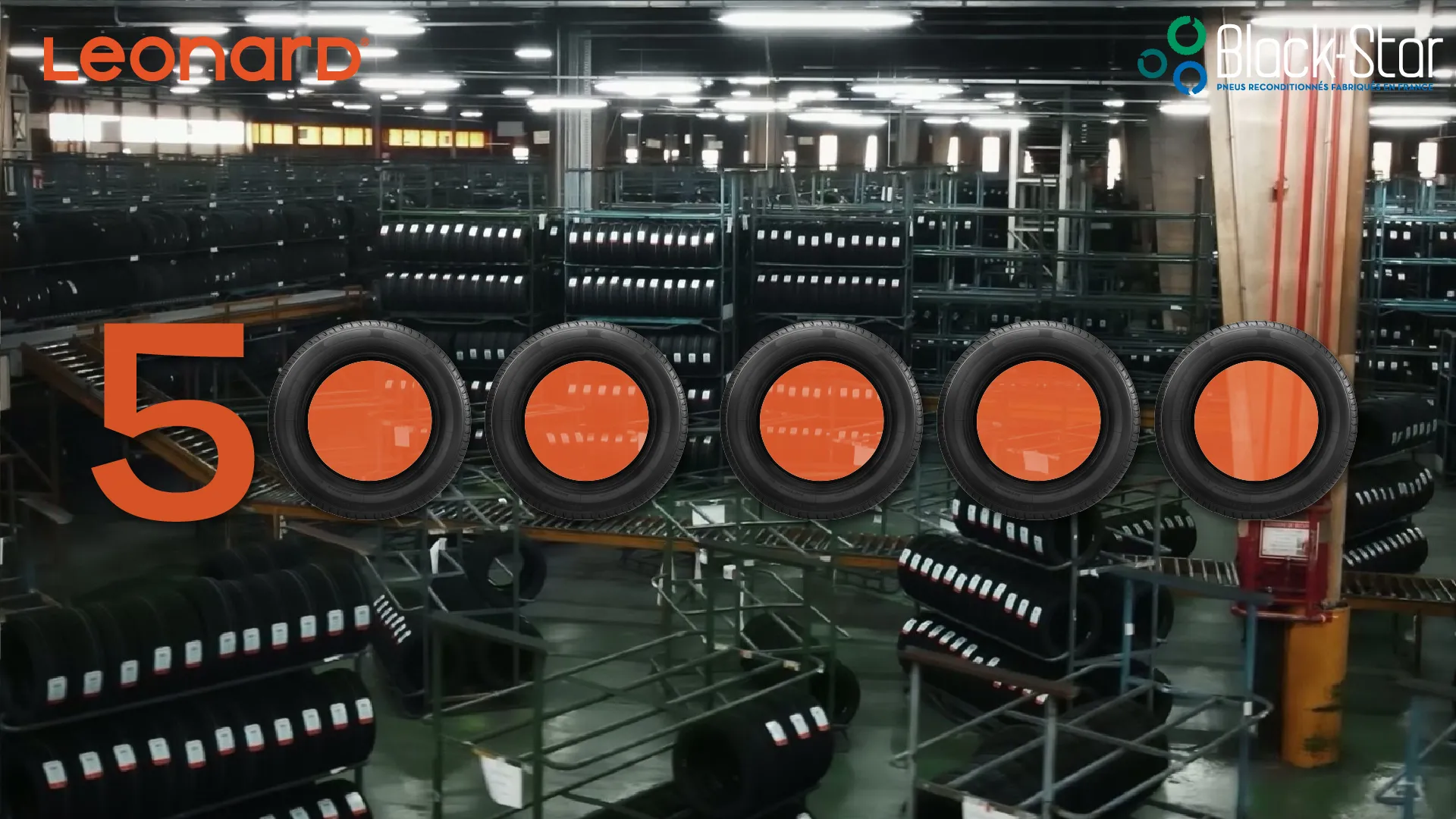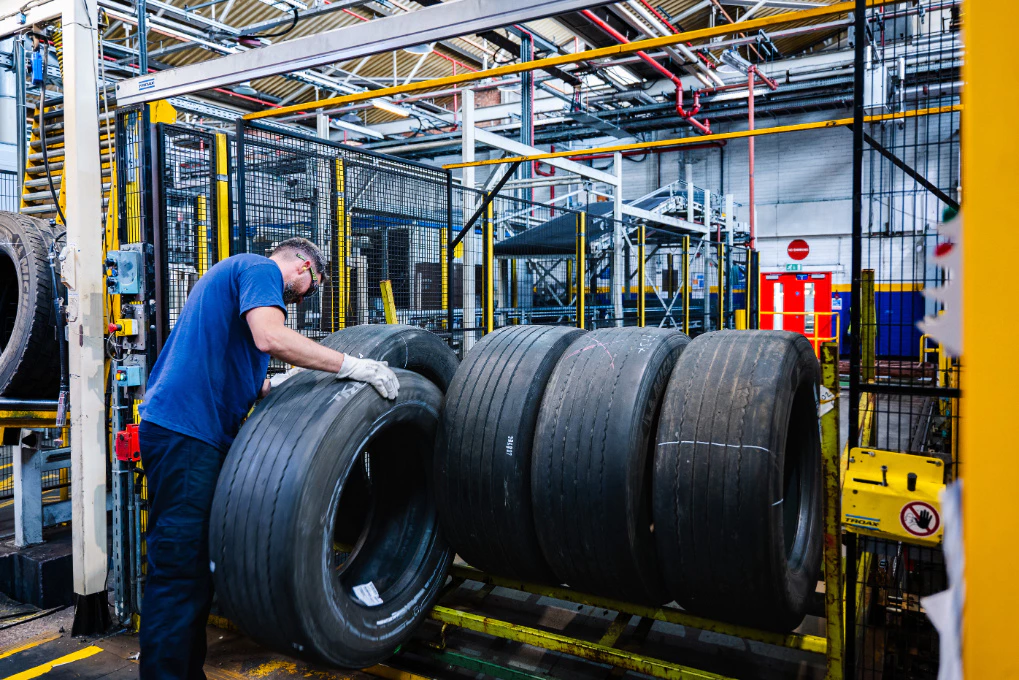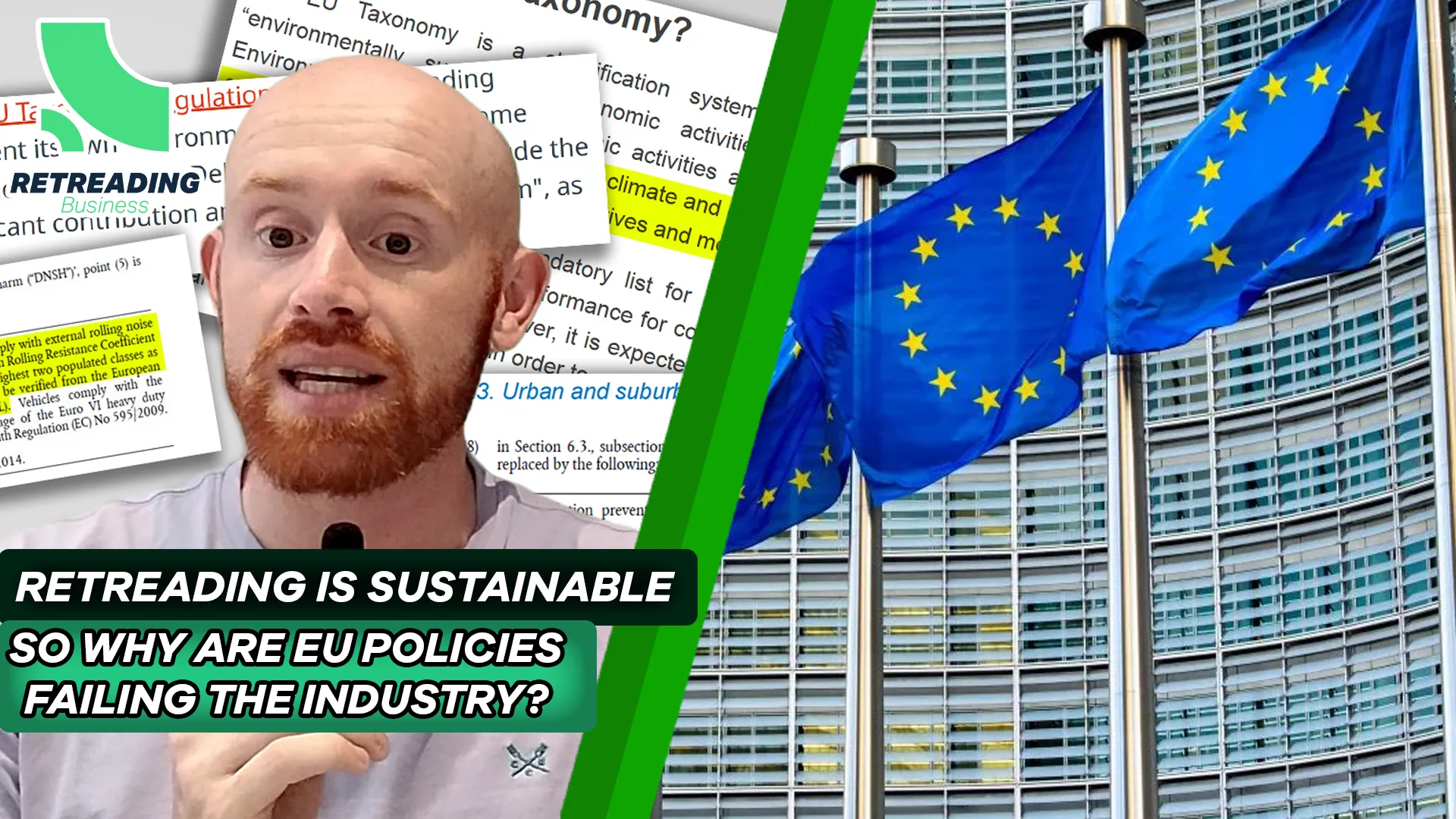The European Commission has given notice of a Regulation (EU) 2018/163 dated February 1, 2018 making imports of new and retreaded tyres for buses or lorries originating in the People’s Republic of China subject to regulation.
Published in the Official Journal of the European Union dated 2 February, 2018, the new regulation relates to the anti-dumping and anti-subsidy proceedings initiated on 11 August 2017 and 14 October 2017 respectively.
The EU has ordered the registration of Chinese truck and bus tyre imports
According to the basic anti-dumping and anti-subsidy regulations the Commission has the power to direct the customs authorities to register imports, so that measures can be subsequently applied to those imports. According to the complainant in the case – the coalition against unfair tyre imports – registration is justified because the tyres in question are being both dumped and subsidised, because this action is causing damage to EU industry and because the action is difficult to repair.
The dumping part of the request for registration was upheld on several grounds, firstly that the importers of Chinese tyres were aware, or should have been aware, of the alleged dumping practices, the extent of it and the alleged injury to the industry at that particular point in time, secondly because the volume of imports of the tyres in question increased by 14.3 % in the period from April to September 2017 when compared to the volume of imports during the same period in 2016, and finally because the volume of the dumped imports and other circumstances (such as the decline in the Union industry’s sales, turnover, employment and profit notably on the lower market segment) were considered likely to seriously undermine the remedial effect of any definitive duties, unless such duties were applied retroactively.
As regards subsidisation, the Commission said it had at its disposal sufficient evidence that imports of truck and bus tyres from China were being subsidised. The alleged subsidy practices consist, namely, of direct transfer of funds and potential direct transfers of funds or liabilities, government revenue forgone or not collected, and government provision of goods or services for less than adequate remuneration. This includes, for example, evidence of the existence of various grants, preferential loans and directed credits by State-owned banks as well as private banks, export credits and export guarantees and insurances; government provision of land, energy, water and raw materials for producing the product concerned; and income tax reductions and exemptions, import tariff rebates and VAT exemptions and rebates.
The fact that these imports will now need to be registered means that should the investigation result in findings leading to the imposition of anti-dumping and/or countervailing duties those duties could be levied retroactively. The amount of possible future liability has been set at the level of underselling estimated on the basis of the complaint, namely 26 %-37 % based on the CIF import value of the products concerned.
The Regulation concerning the registration of imports came into force on the day following that of its publication in the Official Journal of the European Union, namely 3 Feb, 2018.







